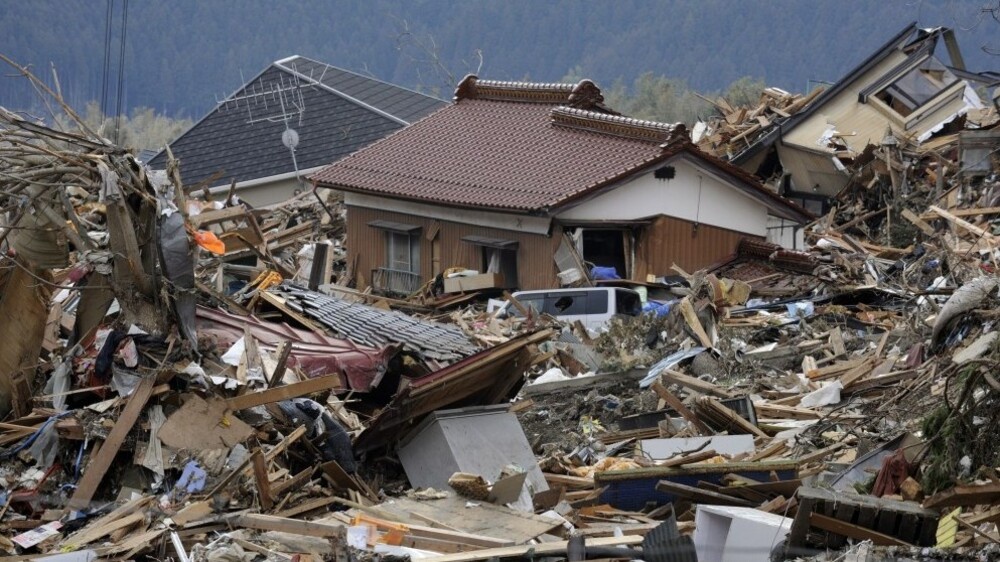Disasters, both natural and man-made, pose significant risks to individuals, businesses, and communities. Insurance plays a crucial role in mitigating these risks by providing financial protection and helping affected parties recover and rebuild. In this article, we will explore the role of insurance in defying disasters, highlighting how insurance mechanisms and practices contribute to risk reduction, resilience, and recovery.
Risk Assessment and Pricing
Insurance companies employ sophisticated risk assessment techniques to evaluate the likelihood and potential impact of various risks. Actuaries analyze historical data, scientific models, and other relevant information to estimate the probability of a disaster occurring and its potential financial consequences. Based on this assessment, insurance companies price their policies to adequately cover the risks while remaining financially viable.
By accurately pricing Insurance coverage, insurers create incentives for individuals and businesses to take appropriate risk mitigation measures. For example, higher premiums for properties located in high-risk flood zones encourage property owners to implement flood prevention measures such as building defenses or elevating structures. This proactive risk reduction helps minimize the impact of disasters and enhances community resilience.
Financial Protection and Recovery
In the aftermath of a disaster, insurance provides much-needed financial protection to policyholders. Whether it's a homeowner's insurance policy covering property damage, a business interruption policy compensating for lost income, or a life insurance policy providing support to beneficiaries, insurance payouts can help individuals and businesses recover financially.
Prompt insurance payouts enable policyholders to rebuild, repair, or replace damaged assets and property, minimizing the financial burden and expediting the recovery process. This financial support is especially critical for vulnerable individuals and communities who may lack the necessary resources to bounce back from a disaster on their own.
Business Continuity and Resilience
For businesses, insurance plays a vital role in ensuring continuity and resilience in the face of disasters. Commercial insurance policies often include coverage for property damage, liability, business interruption, and other relevant risks. In the event of a disaster, business interruption insurance can provide financial support to cover ongoing expenses, maintain payroll, and facilitate the resumption of operations.
Furthermore, some insurance companies offer risk management services and resources to help businesses proactively identify and address potential vulnerabilities. These services may include site inspections, safety training, and business continuity planning. By actively managing risks and having comprehensive insurance coverage, businesses can enhance their resilience and minimize the long-term impacts of disasters.
Community Recovery and Rebuilding
Insurance KPC Synergize not only benefits individual policyholders but also contributes to community-wide recovery and rebuilding efforts. When widespread disasters strike, insurance companies pool resources and spread the financial burden across their policyholder base. This collective approach ensures that the costs of recovery and rebuilding are shared, reducing the strain on individual households, businesses, and local governments.
Moreover, insurance companies often collaborate with government agencies, nonprofit organizations, and disaster response entities to facilitate efficient and coordinated recovery efforts. This collaboration can include expedited claims processing, coordination of services, and financial contributions to community recovery funds. Insurance serves as a critical component in the overall disaster recovery ecosystem, enabling affected communities to rebuild and restore their vitality.
Conclusion
Insurance plays a vital role in defying disasters by mitigating risks, providing financial protection, and facilitating recovery. Through risk assessment and pricing, insurance encourages proactive risk reduction measures, making communities more resilient to disasters. In the aftermath of a disaster, insurance payouts enable individuals and businesses to recover financially, ensuring their ability to rebuild and move forward. Insurance also supports business continuity, helps communities share the burden of recovery, and collaborates with stakeholders to enhance overall community resilience. By embracing insurance as a key tool in disaster preparedness and recovery, societies can better navigate and defy the challenges posed by disasters.


No comments yet